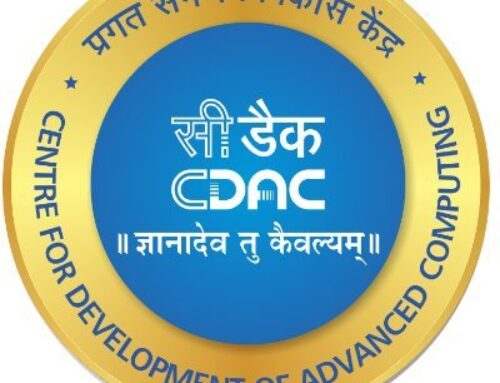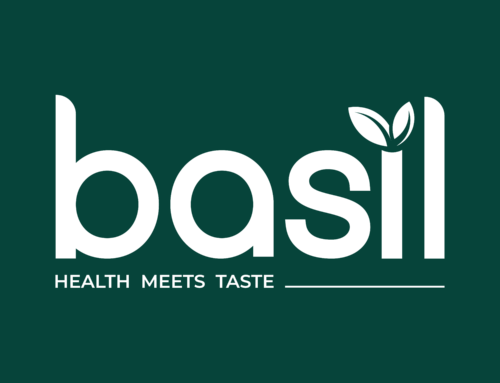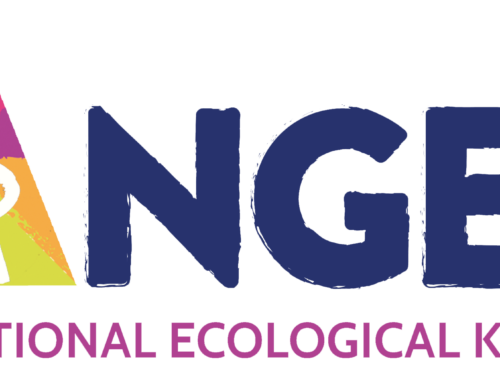According to an Oxfam report, 2150 billionaires have wealth equal to 4.6 billion people.
In the not-so-distant past, during the peak of the pandemic, WHO set the target for 70% global vaccination coverage by mid-2022. As of June 2022, 3 out of 4 people in high income countries had been vaccinated, whereas just 1 in 4 persons in the lower income countries have received at least 1 dose of the vaccine.
According to the FAO report The State of Food Security and Nutrition in the World 2022, nearly 924 million people (11.7% of the global population) faced food insecurity at severe levels, an increase of 207 million since the onset of COVID-19.
How then can equality be established?
OPPOSITE OF INEQUALITY IS EQUAL OPPORTUNITY
Harvard University is one of the most prestigious institutions of the world. Tens of thousands apply every year for a limited number of seats. There’s an instant respect one garners when they say they graduated from Harvard. Founded in 1636, the University did not offer regular admissions to female students until 1971. In the next 50 years the unimaginable happened. In 2021, Harvard University had enrolment of over seven thousand with a gender distribution of 51.11% female students.
What did it take more than 300 years for the oldest and most prestigious educational establishment to continue to deny admissions to half of the population? Any how could the female students prove themselves equal (or perhaps superior) to their male counterparts within 5 decades?
I have a one world explanation for this: E-M-P-O-W-E-R-M-E-N-T.
FEELS LIKE AUTISM
Autism affects tens of millions of people around the world. Estimates of the prevalence of autism range widely, but in countries with higher awareness and reporting of autism cases (like the United States and United Kingdom), around one in 36 children are believed to be on the autistic spectrum — a rate that’s likely to apply to other countries as well.
A vast majority of adults with autism are either unemployed or underemployed, despite their ability, desire and willingness to engage in meaningful work. According to the Census 2021, published by Office Of National Statistics and discussed in the British Parliament, 86 percent of adults with autism are unemployed in the United Kingdom.
WE BECOME WHAT WE BELIEVE
I’m an entrepreneur and a problem solver. Since 2016, I started to deep dive into the effect of autism on people, families and the society. My initial efforts in creating employment did not bear the desired outcomes. But it did strengthen my beliefs:
- Autistic people are an intrinsic part of our society and need understanding, support and opportunities, not charity or misplaced compassion.
- Just like others, the majority of persons with Autism want a dignified and productive life.
- The best and most effective way to improve lives of autistic adults is to develop their skills and create employment opportunities for them and help them to become productive. Persons with Autism can make productive employees with the right support and training.
NOTHING IS INSURMOUNTABLE
Auspice conducted a pilot project to evaluate autistic people’s abilities to engage in food processing activities. In this phase, which started in Sept 2020 and ended in April 2021, we selected a small group of 12 interns, aged 15 to 35 — all of them with autism. They were engaged in cleaning, sorting, packaging and labelling herbs and spices. During this pilot, the interns produced 2,500 units of finished goods, which were placed at two area supermarket stores. They all sold out. But the high point of the whole exercise was the sense of joy and accomplishment the interns felt — it showed us the true impact potential of this work.
Today, Auspice provides a barrier free work environment for persons with autism & their families and acts as a catalyst for change that will enable persons with autism to live as fully participating members of the community. To address the challenges of autistic people, Auspice provides hands-on training and skill development to adults with autism. Our training programs range from three weeks to six months, depending on individual needs, and they culminate with employment at Auspice.
We are using market-based methods to manufacture and sell our products, and at the same time pursuit of social good is our fundamental goal. We are solving a basic need (meaningful work and employment) of autistic adults by empowering them to meet another basic need of their community, sustainably sourced, minimally processed, natural products. Our products are simple, but they have the potential to transform lives not only of our autistic employees, but of their families and our society at large.
ACTION MEETS GOALS
Our approach is effective because of its human-centric design, which is based on involves identifying the unique skills and challenges that each of our employees has. Our goal is to create 1000 full time, fully paying jobs for people with autism by 2030, not only in India but around the planet. We are using market-based methods to manufacture and sell our products, and at the same time pursuit of social good is our fundamental goal. We are solving a basic need (meaningful work and employment) of autistic adults by empowering them to meet another basic need of the society – sustainably sourced, minimally processed, natural products. Our products are simple, but they have the potential to transform lives – not only of our autistic employees, but of their families and our society at large.
Notwithstanding the numerous meaningful initiatives, like Auspice, a lot needs to be done to make a permanent positive change in the lives of persons with disabilities. Other nations seem ahead of us in dealing with this challenge. For instance, in 2016, Law on the Inclusion of Persons with Disabilities (Law no. 13,146/2015) took effect in Brazil. The Brazilian law does not only provide the right to work to persons with disabilities but also mandates a quota for their employment. The reserved quota varies according to the size of the organization and grows from 2% to 5% for organizations of size 200 to 1000+ employees.
In India, autism was recognized as a disability in six years ago with the passing of The Rights of Persons with Disabilities (RPwD) Act, 2016. The last Census of 2011 did not quantify the incidence of autism in India and the next census is yet to be conducted, we do not have a practical estimate of autism in India. Opportunities for improving the lives of autistic people are many but initiatives are handful. It may adequate to say that the issue deserves more attention.







